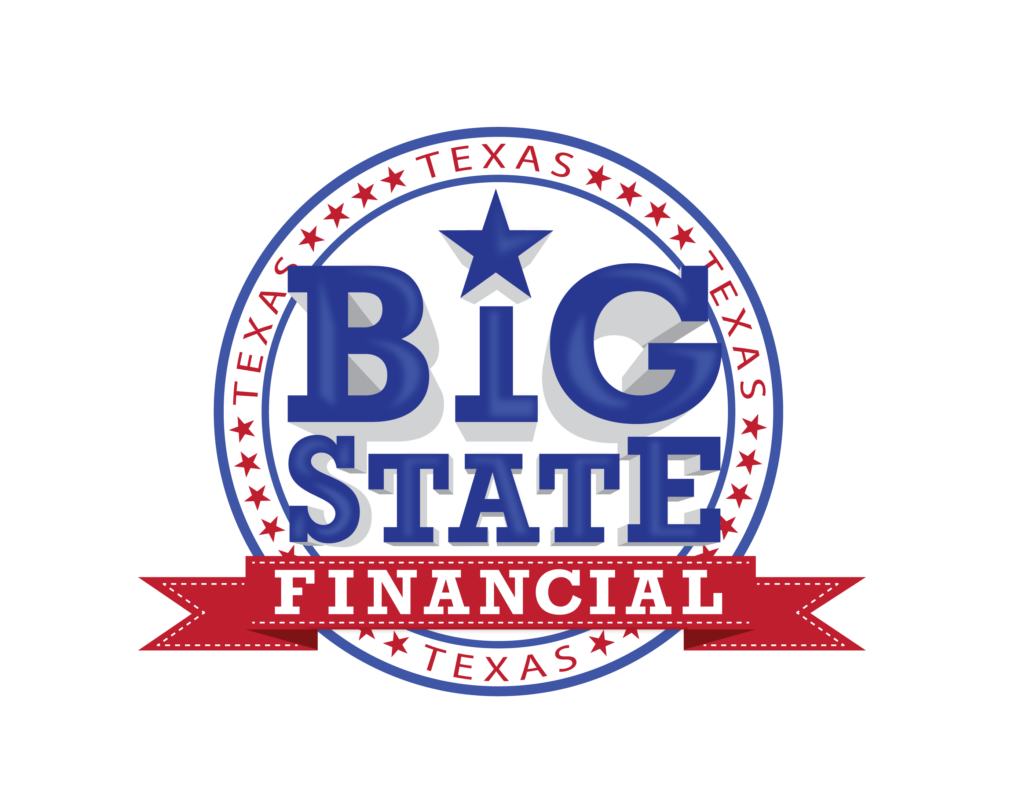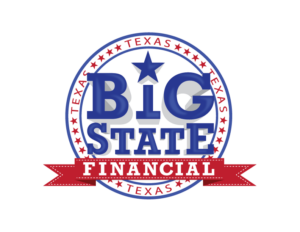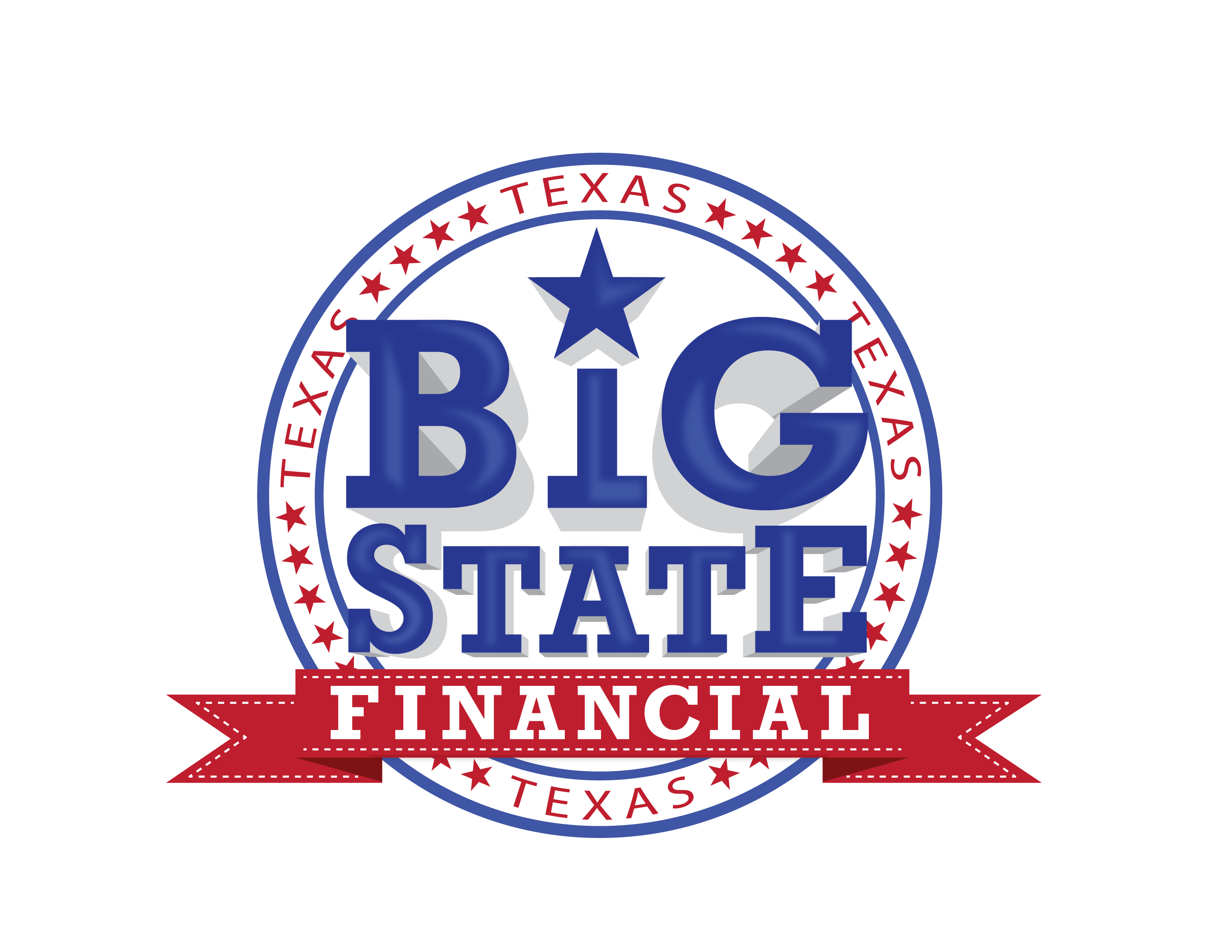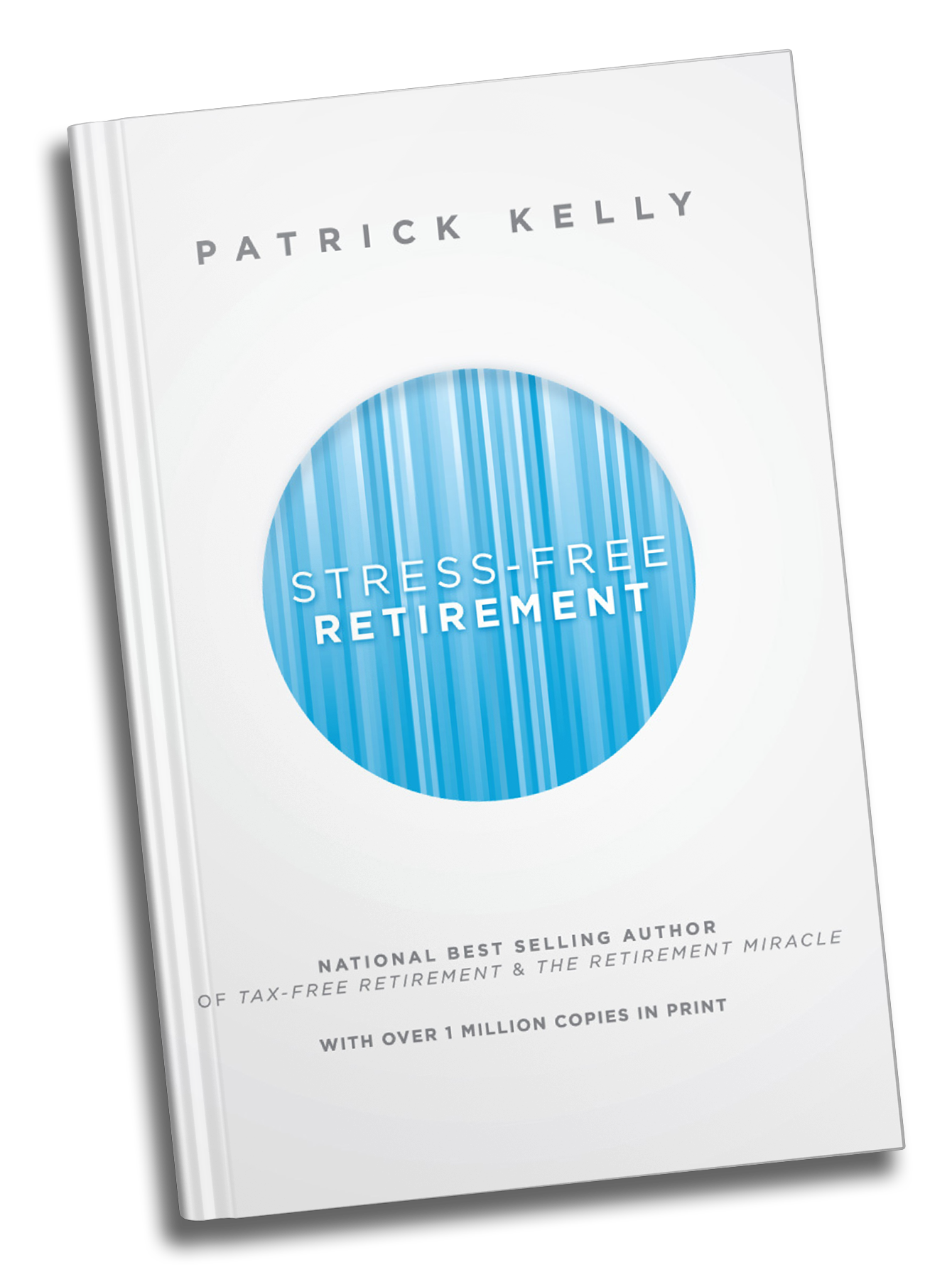
When it comes to retirement planning, long-term care is one of the most overlooked and expensive needs. And for many retirees, Medicaid has historically been a financial safety net that helps cover those costs. The One Big Beautiful Bill (OBBB) is bringing changes that could significantly change how that safety net works, who it’s for, and how it’s funded. Here’s what retirees and pre-retirees should know:
What is Medicaid’s current role in long-term care?
Medicaid is the largest single payer of long-term care services in the U.S. It covers care in nursing homes, assisted living facilities, and in-home care for those who meet medical and financial eligibility. Many retirees rely on it when their personal assets run low, especially if they haven’t purchased private long-term care insurance.
What changes does the OBBB propose to Medicaid?
The OBBB includes up to $1 trillion in cuts to Medicaid over the next 10 years. These cuts would likely come from capping federal contributions to states and tightening eligibility. That means states could reduce benefits, limit access, or require enrollees to reapply more frequently.
However, The One Big Beautiful Bill includes provisions that expand the use of Health Savings Accounts (HSAs), including for Direct Primary Care (DPC) memberships. This would allow seniors to use HSA funds to pay a flat monthly fee for services like unlimited doctor visits, longer appointment times, and telehealth access. For retirees seeking an alternative to traditional insurance-based models, this could offer greater flexibility in how they manage routine care and out-of-pocket expenses.
How might this affect retirees who need long-term care?
These cuts could directly impact older adults who rely on Medicaid for nursing home care or in-home support. States facing reduced funding may lower reimbursement rates to care providers, reduce the number of available Medicaid beds in facilities, or create waitlists. That could make it harder or more expensive for retirees to get the care they need.
However, the bill also sets up provisions to help remove undocumented individuals from being qualified to receive care. This may help US citizens receive funds for care more efficiently, potentially offsetting other cuts.
Are there new requirements that could complicate access?
Yes. The bill includes more frequent eligibility verifications and new documentation requirements. That means seniors—especially those with limited support—could face lapses in coverage simply due to paperwork delays or administrative errors. These hurdles could be problematic for those already in care or needing urgent services.
However, the bill sets up provisions to help remove undocumented individuals from remaining in a queue for care. This may help US citizens receive care faster, potentially offsetting new administrative delays.
What about the work requirements mentioned in the bill? Do they apply to retirees?
The OBBB includes work requirements for Medicaid, but they do not generally apply to retirees. The bill focuses on “able-bodied” adults aged 19-64 who are not already exempt due to disability or other factors. But it’s reasonable to have concerns that spouses or family caregivers could be affected, given that they may not be working individuals. Additionally, these administrative layers may lead to systemic delays that impact all enrollees, regardless of age or work status.
What should retirees do to prepare?
If you’re counting on Medicaid for potential long-term care needs, now is the time to re-evaluate your strategy. Consider options like long-term care insurance, hybrid insurance products with LTC riders, or setting aside assets in a dedicated care fund.
The Bottom Line
The One Big Beautiful Bill could significantly reshape Medicaid’s ability to provide long-term care support. For retirees, that means planning ahead could be more important than ever. Whether you’re decades away from needing care or already exploring your options, understanding these changes now can help protect your financial security. If you want to help ensure your retirement plan is set up to avoid the pitfalls and take advantage of new opportunities, give us a call.
Sources:
https://www.cbsnews.com/news/whats-in-trump-big-beautiful-bill-senate-version/
This information is provided as general information and is not intended to be specific financial guidance. Before you make any decisions regarding your personal financial situation, you should consult a financial or tax professional to discuss your individual circumstances and objectives. The sources used to prepare this material are believed to be true, accurate and reliable, but are not guaranteed.
SWG 4650082-0725



